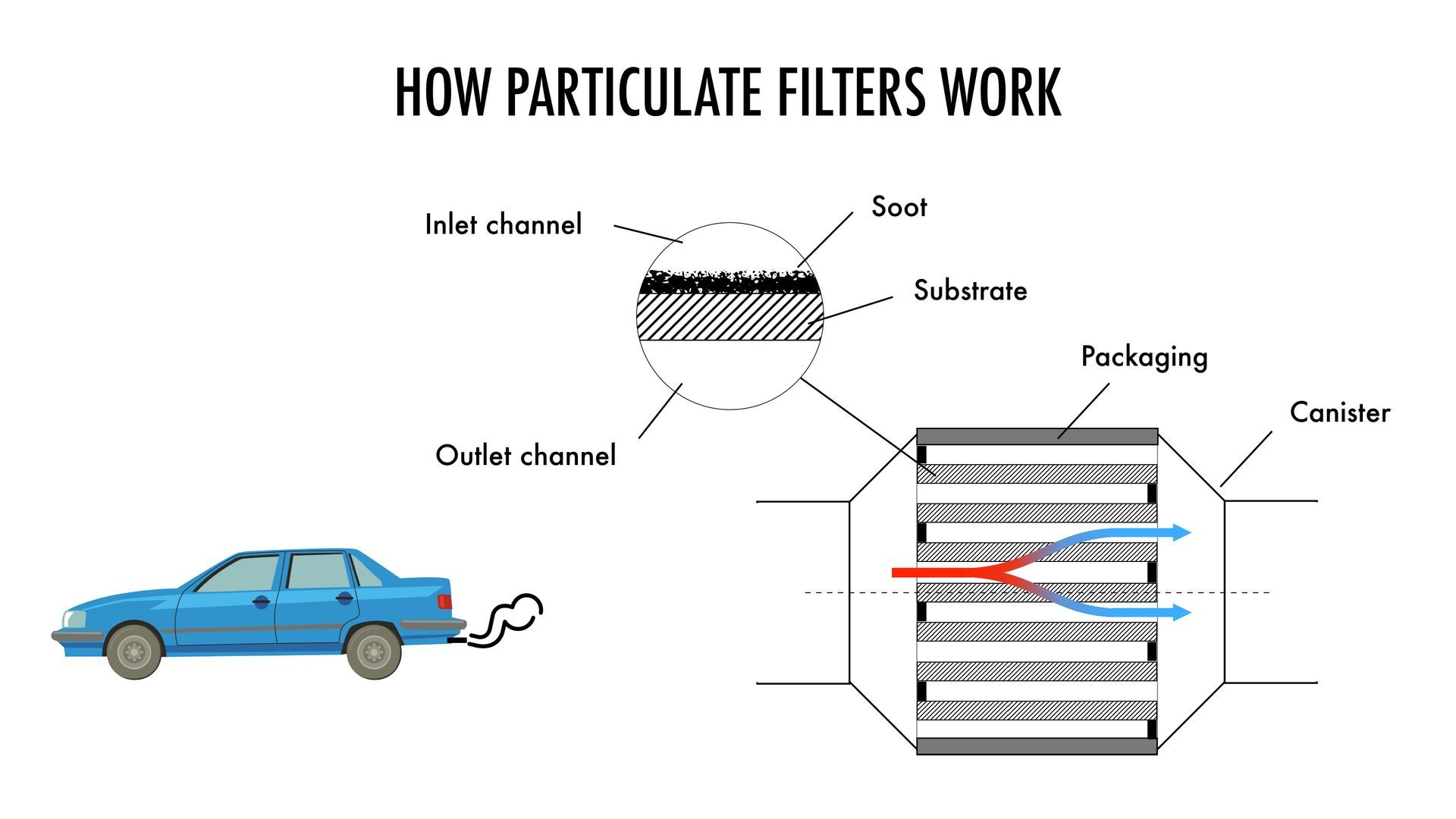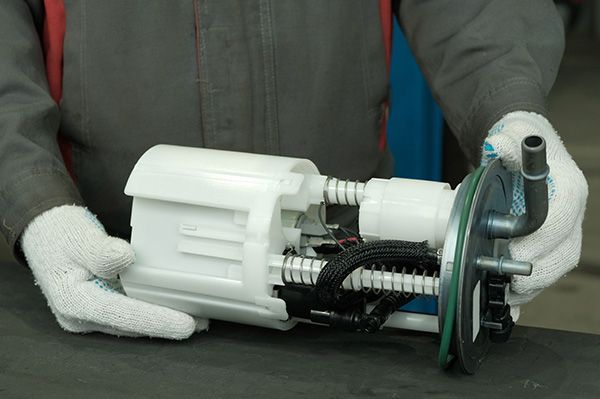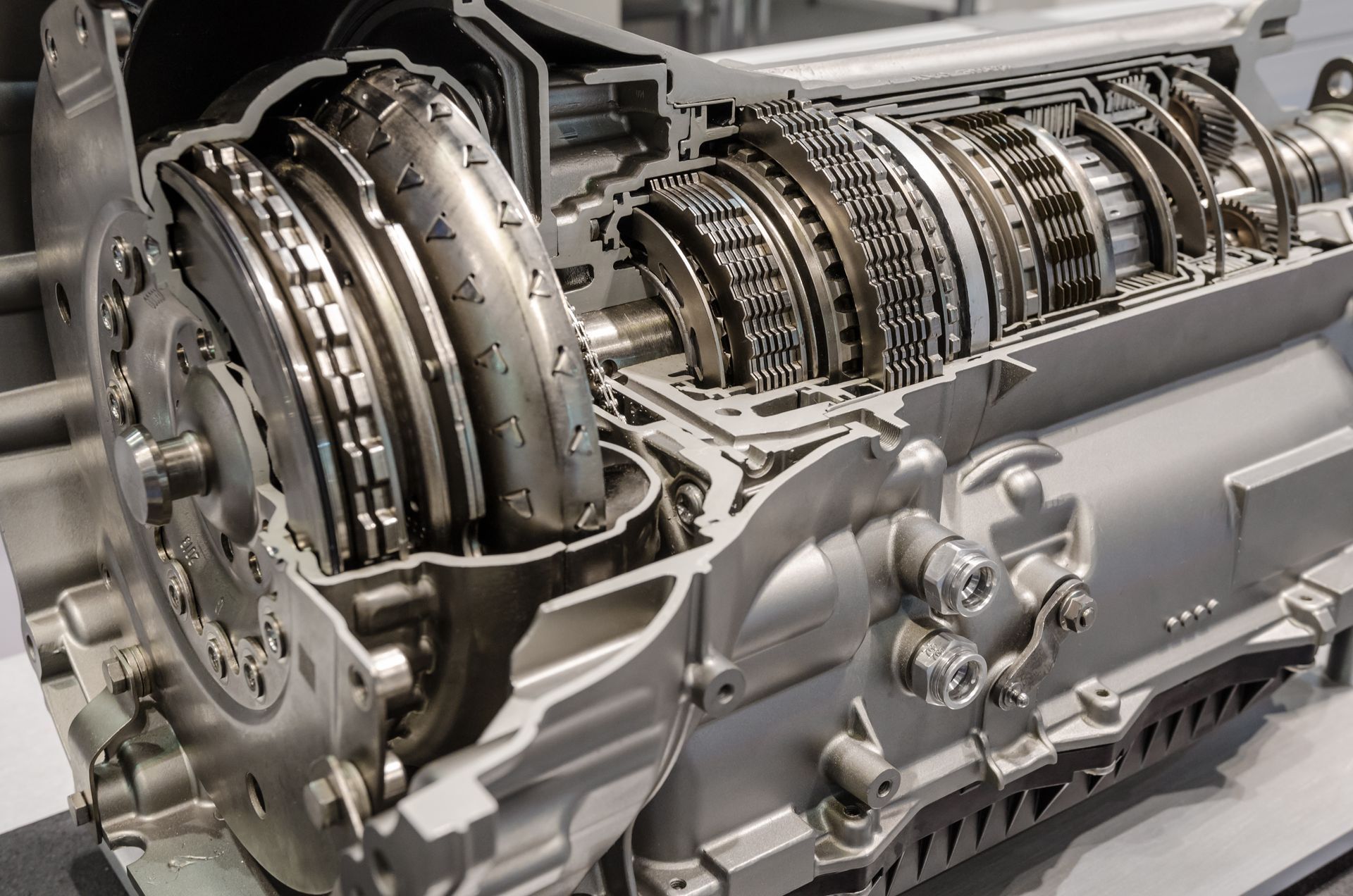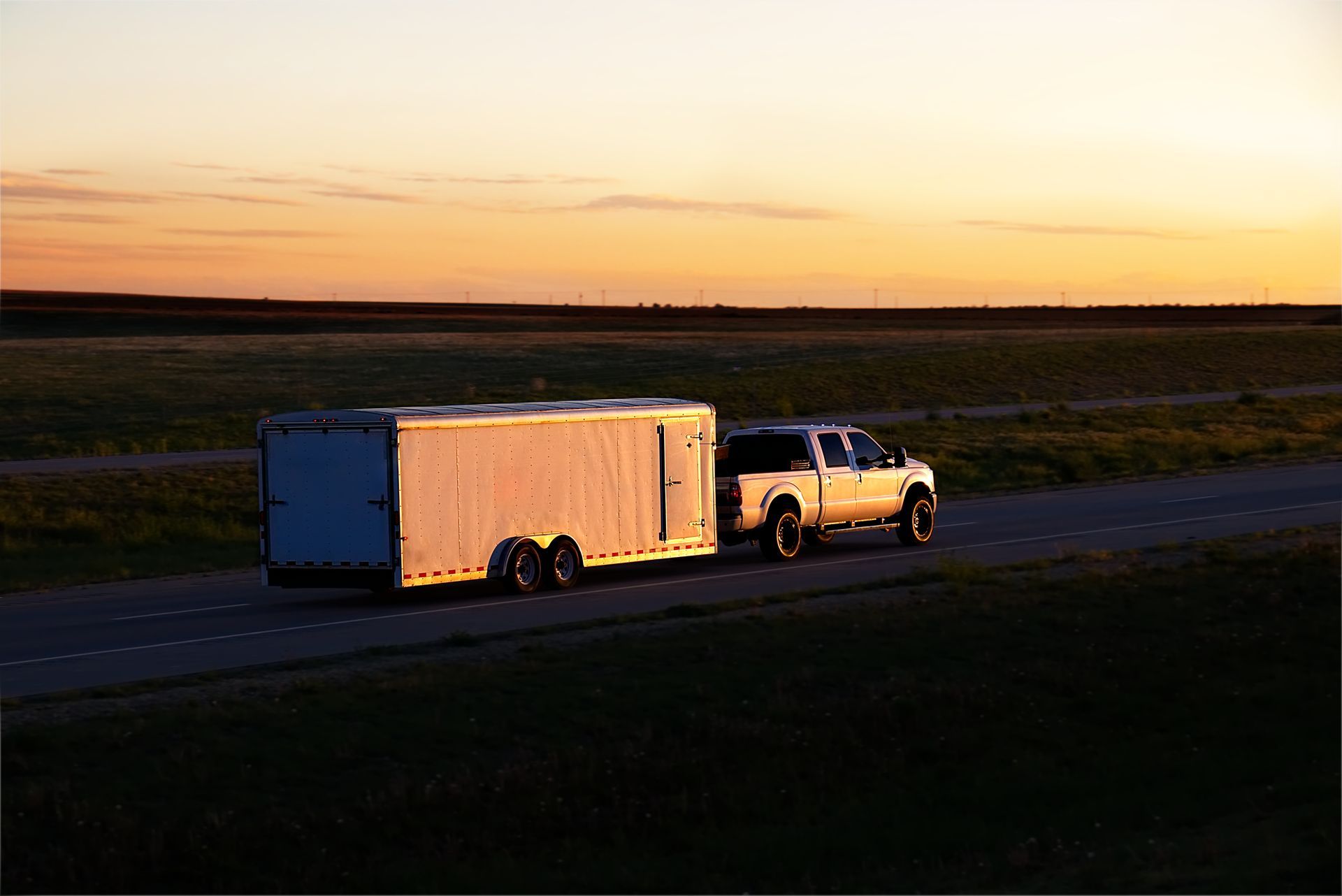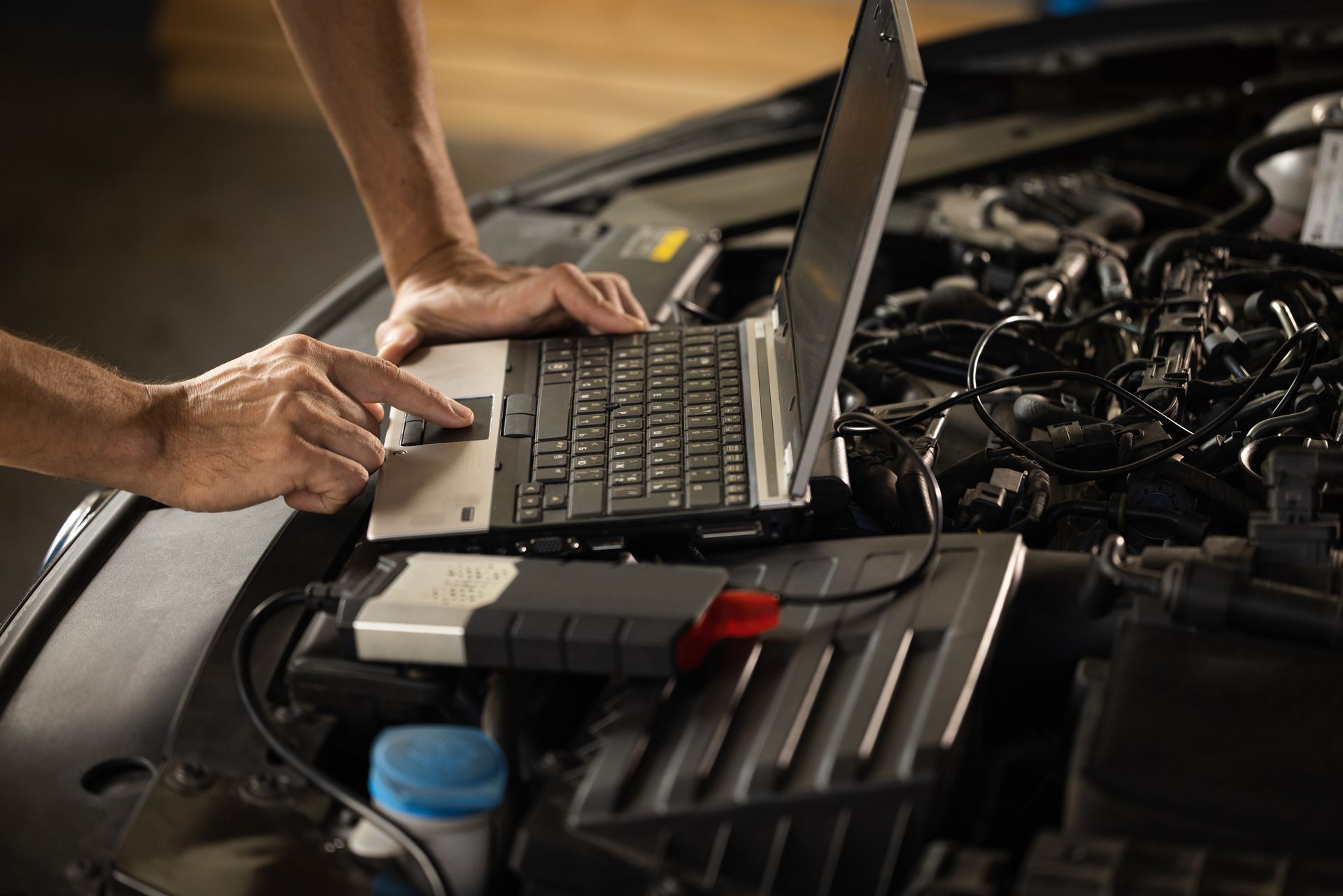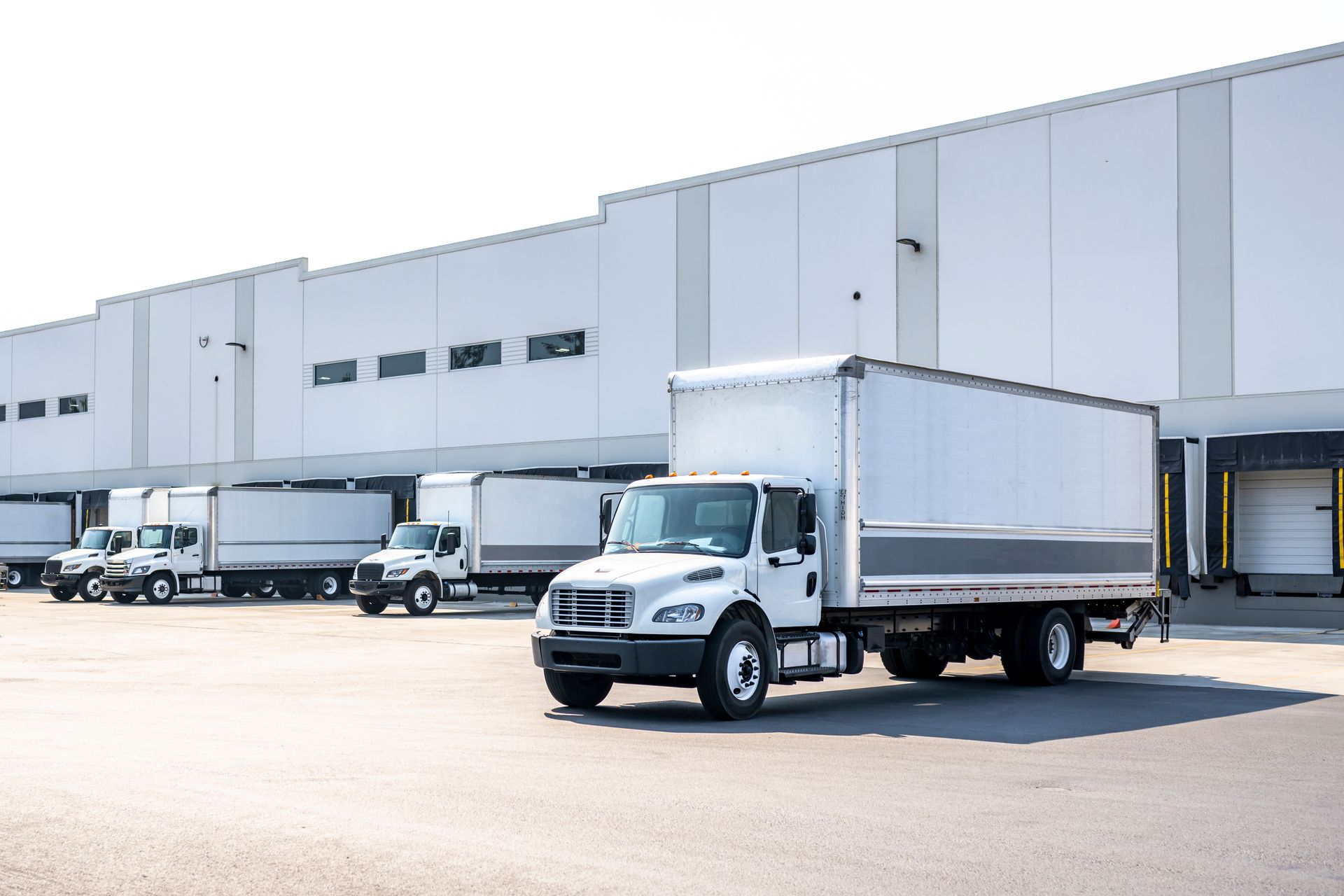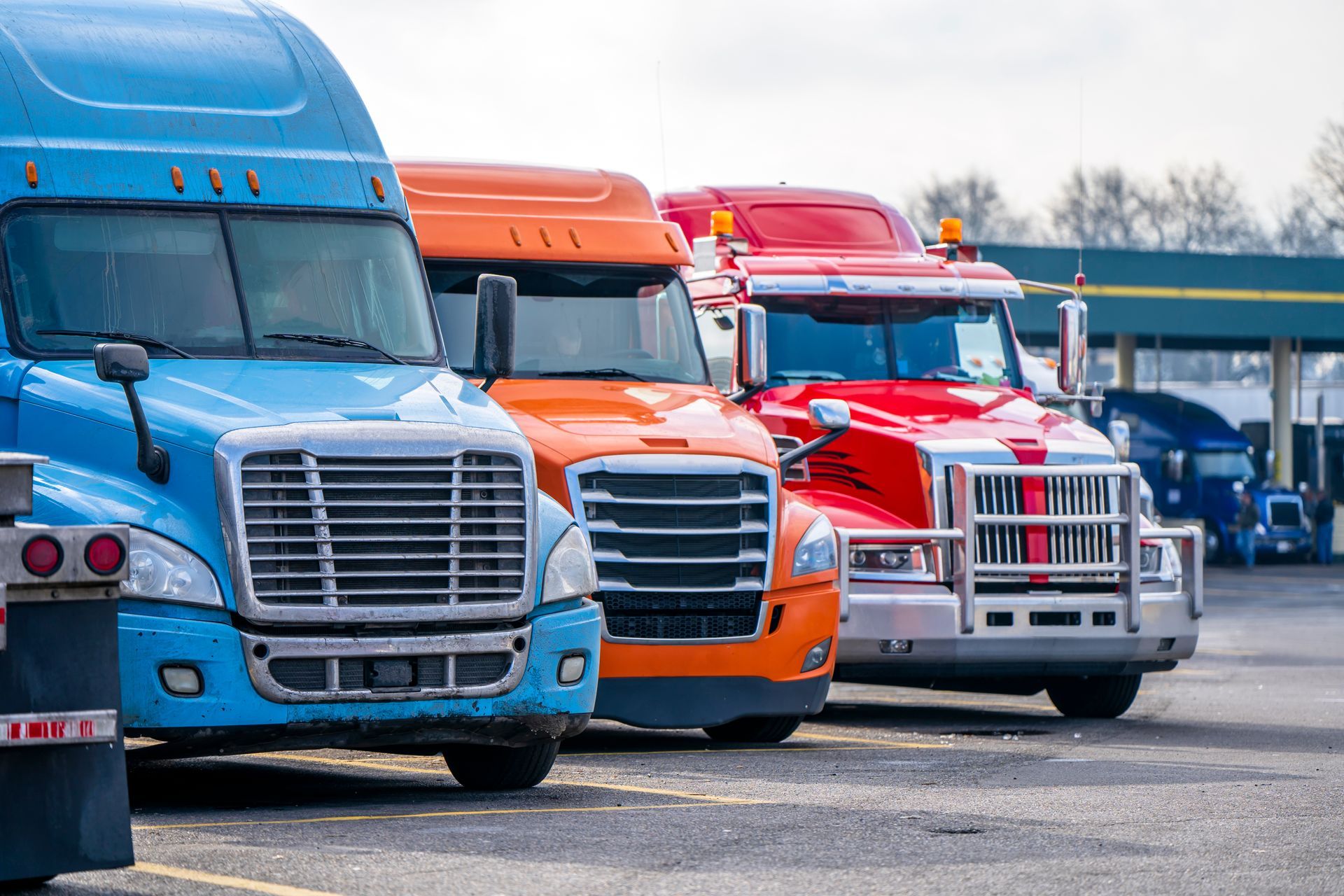Loading ...
Missing business hours data / Error occurred while getting the data.
Loading ...
Missing business hours data / Error occurred while getting the data.
How Do Truck Engines Differ from Car Engines?
September 30, 2024
When it comes to vehicles, engines are the heart that keeps them running. But have you ever wondered how truck engines differ from those in cars? Trucks and cars serve different purposes, which means their engines are built with specific needs in mind. Whether you're hauling heavy loads, driving long distances, or simply commuting, understanding the differences between these engines can help you appreciate why truck engines are built the way they are. We'll break down the key distinctions between truck and car engines and why these differences matter.
Size and Power Output
One of the most obvious differences between truck and car engines is size. Truck engines are generally larger and more powerful. This is because trucks are designed to handle heavy loads, tow trailers, and perform tasks that require more torque and horsepower. The larger displacement in truck engines allows them to generate more power, making it easier for them to haul cargo or climb steep inclines.
Cars, on the other hand, are typically designed for efficiency and everyday driving. Car engines are smaller and optimized for fuel economy rather than raw power. While some cars come equipped with high-performance engines, their power output is still much lower compared to what you’ll find in most trucks. This difference in size and power is critical for trucks to perform the demanding jobs they are built for.
Torque vs. Horsepower
Trucks are designed to prioritize torque over horsepower, while cars tend to focus more on horsepower. But what’s the difference, and why does it matter?
Torque
This refers to the engine’s ability to rotate or turn objects, which is essential for tasks like towing or moving heavy loads. Trucks are equipped with high-torque engines because they need the power to move large weights without straining the engine.
Horsepower
This is the speed at which an engine can perform work. In simpler terms, horsepower gives a vehicle the ability to accelerate quickly. Cars focus more on horsepower because they are primarily used for driving at higher speeds, and quick acceleration is a priority for car engines.
In trucks, torque is king. Trucks wouldn’t be able to haul heavy trailers or cargo effectively without sufficient torque. In contrast, cars emphasize horsepower for a smoother and more responsive driving experience.
Diesel vs. Gasoline
While both cars and trucks can run on either diesel or gasoline engines, diesel engines are more commonly found in trucks. Why is that?
Diesel engines are known for their efficiency and torque output, making them perfect for heavy-duty trucks that need to carry or tow large loads. Diesel engines are built to run longer, withstand more wear and tear, and offer better fuel efficiency for long-haul trips.
Gasoline engines, on the other hand, are more common in cars. They tend to be less expensive to maintain and repair, and they provide better acceleration for lightweight vehicles like cars. However, they don’t have the same torque capacity as diesel engines, making them less ideal for trucks that are constantly towing or hauling.
Many modern trucks offer both diesel and gasoline options, but heavy-duty trucks often rely on diesel engines to get the job done, while most passenger cars stick with gasoline for everyday commuting.
Durability and Longevity
Another major difference between truck and car engines is their lifespan. Truck engines are built to last longer, handle more wear and tear, and operate in more extreme conditions. This is partly due to the fact that trucks are often used in construction, off-road, and commercial applications where durability is key.
Truck engines are built with more robust components, such as reinforced pistons, stronger crankshafts, and heavy-duty cooling systems. These features allow truck engines to withstand long hours of operation, extreme temperatures, and high-stress situations that would wear down a typical car engine much faster.
Car engines, while durable, are not built to handle the same level of strain. They are optimized for efficiency and performance in regular driving conditions, making them less durable in extreme environments or under heavy loads.
Maintenance Needs
Because truck engines are larger and more complex, they generally require more maintenance than car engines. Trucks have larger oil capacities and more intricate cooling systems and often need specialized parts for repairs and maintenance. Regular oil changes, engine checks, and component replacements are essential for keeping a truck engine in top condition, especially if it’s used for heavy-duty work.
Car engines, while easier to maintain, still require regular servicing. However, the intervals between maintenance tasks are often longer, and the overall cost of maintenance is typically lower compared to trucks. It’s crucial for truck owners to stay on top of regular maintenance to ensure their engines remain reliable for the long haul.
Looking to keep your truck engine in peak condition?
Riley’s Auto & Diesel Repairs offers expert maintenance and inspection services for trucks of all sizes. Schedule an appointment today and ensure your engine is ready for the road.
Loading ...
Missing business hours data / Error occurred while getting the data.

Loading ...
Missing nap lines data / Error occured while getting the data.


